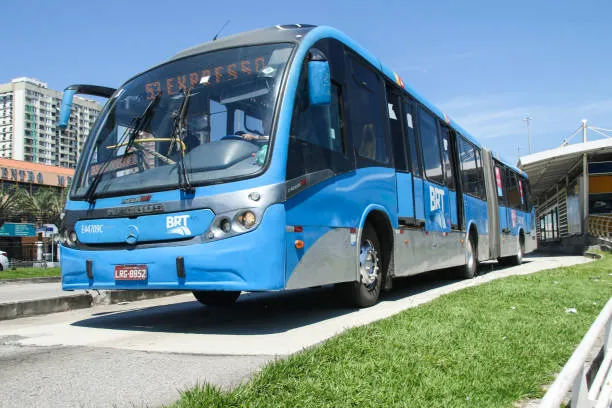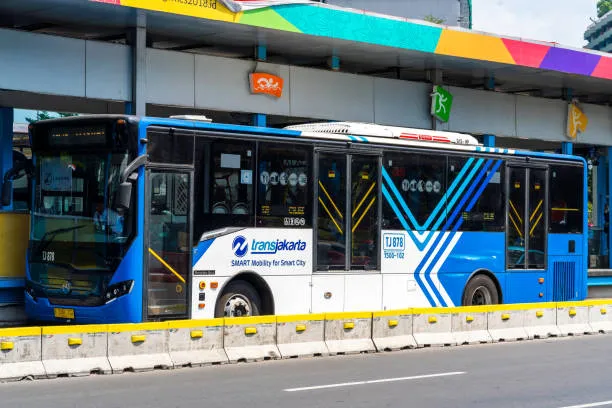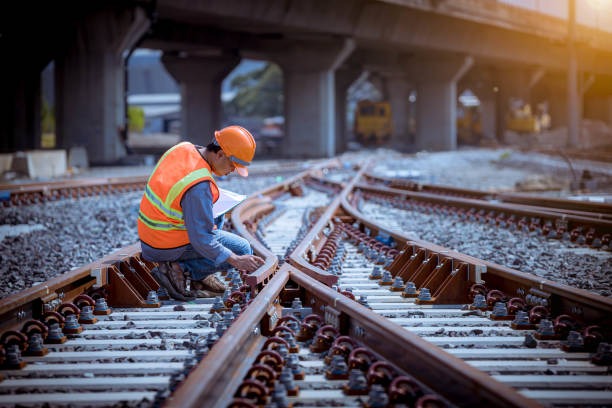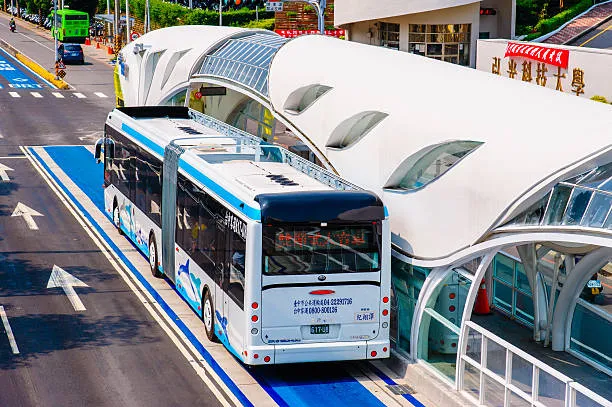Bus Rapid Transit (BRT) systems have emerged as a cost-effective solution to Nigeria’s chaotic urban transport. The Lagos BRT (BRT Lite & BRT Corridor), launched in 2008, was the first of its kind in West Africa. According to the Lagos Metropolitan Area Transport Authority, LAMATA, the BRT moves over 200,000 passengers daily, reducing travel time by 30%. The recent Blue Line Rail integration further enhances multimodal transport. In Abuja, the BRT introduced in 2018 has faced operational challenges but remains a critical mass transit option However, overcrowding, maintenance issues, and reliance on government subsidies limit its efficiency. As Dr. Adeola Adenikinju of University of Ibadan argues, “BRT systems must adopt smart technologies, like contactless payments, to improve efficiency and user experience.”
Smart mobility leverages technology to optimise transport systems, and Nigeria is gradually adopting these innovations. Ride-hailing apps like Bolt, Uber, and inDrive provide safer, more efficient alternatives to traditional taxis. According to a 2023 Tech Cabal reports, ride-hailing contributes over ₦50 billion annually to Lagos’ economy. Electric Vehicles (EVs) are also gaining traction, with startups like Jet Motors and Nord pioneering EV adoption, though charging infrastructure remains limited Lagos’s Intelligent Transport System (ITS) uses AI and cameras to monitor and control traffic flow). However, challenges such as unstable power supply, regulatory hurdles, and public scepticism slow progress. As most transport operators agree, “For smart mobility to thrive, Nigeria must invest in digital infrastructure and enact supportive policies.”
In conclusion, modern road networks, BRT systems, and smart mobility are reshaping Nigeria’s transport sector. While progress is evident, sustained investment, policy consistency, and public-private collaboration are essential for long-term success. As Nigeria moves towards a smarter, more efficient transport future, stakeholders must prioritise innovation, sustainability, and inclusivity to ensure seamless mobility for all. With better roads, BRT, and tech, transport will become easier in Nigeria.







